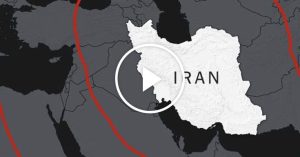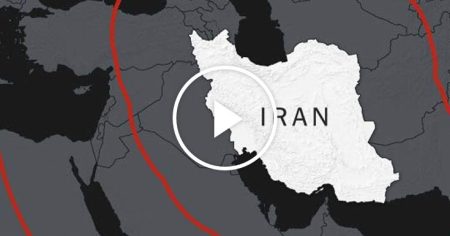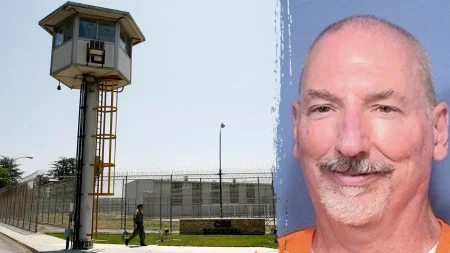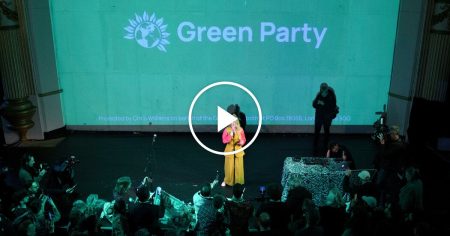The precarious situation faced by the community in their ancestral enclave, a place they have called home for 1,600 years, has reached a critical juncture. The specter of displacement looms large, casting a long shadow of uncertainty over their future. The very foundations of their existence in this land, woven through centuries of tradition, culture, and shared history, are threatened with unraveling. The fear of permanent exile hangs heavy in the air, a chilling reminder of the fragility of their connection to this place. Whether those who have been forced to flee will ever feel secure enough to return remains a deeply unsettling question, a testament to the profound disruption and trauma they have endured. The possibility of their return, a beacon of hope in these dark times, is shrouded in doubt, adding another layer of complexity to an already dire situation.
The current crisis, while undeniably acute, represents a culmination of long-standing tensions and systemic issues that have gradually eroded the community’s sense of safety and belonging. These issues, often deeply rooted in historical injustices and discriminatory practices, have created a climate of fear and vulnerability, leaving the community exposed to threats and acts of violence. The recent escalation of violence, which has forced many to abandon their homes and seek refuge elsewhere, is a stark reminder of the precariousness of their position and the urgent need for meaningful intervention to address the underlying causes of conflict and insecurity. The exodus of community members, a heartbreaking testament to the severity of the situation, has left behind a void that threatens to irrevocably alter the social and cultural fabric of the enclave. The loss of their presence, their traditions, and their contributions to the community’s rich tapestry represents an immeasurable loss.
The impact of this displacement extends far beyond the immediate physical realm. It has fractured families, severed social networks, and disrupted livelihoods, leaving individuals and families struggling to cope with the psychological and emotional scars of trauma. The loss of their homes, their belongings, and their familiar surroundings has created a deep sense of dispossession and alienation, leaving many feeling adrift and uncertain about their future. The emotional toll of this experience, characterized by fear, anxiety, and grief, is compounded by the uncertainty surrounding their potential return and the daunting prospect of rebuilding their lives in a place that no longer feels safe or welcoming. This emotional burden weighs heavily on the displaced community, hindering their ability to heal and move forward.
The challenges faced by the displaced community are further compounded by the difficulties they encounter in accessing essential resources and support systems. Finding adequate shelter, food, medical care, and other basic necessities becomes a daily struggle, often exacerbating existing vulnerabilities and creating new challenges. The lack of access to education, employment opportunities, and psychosocial support services further hinders their ability to rebuild their lives and regain a sense of normalcy. This precarious situation, characterized by uncertainty, hardship, and limited opportunities, leaves the displaced community feeling marginalized and forgotten, adding to their sense of isolation and despair.
The international community bears a responsibility to address this humanitarian crisis and ensure the protection of the displaced community. Providing immediate humanitarian assistance, including shelter, food, medical care, and psychosocial support, is crucial to alleviating their suffering and promoting their well-being. Equally important is the need for long-term solutions that address the root causes of the conflict and create conditions conducive to their safe and dignified return. This requires engaging in meaningful dialogue with all stakeholders, promoting inclusive governance, addressing historical injustices, and fostering reconciliation. Investing in peacebuilding initiatives, promoting inter-communal understanding, and strengthening local capacity are essential steps towards creating a sustainable and peaceful future for the community and preventing further displacement.
Ultimately, the future of the community hinges on the collective efforts of the international community, local authorities, and the displaced community themselves. Creating a conducive environment for their safe and dignified return requires a multifaceted approach that addresses the underlying causes of the conflict, promotes reconciliation, and empowers the community to rebuild their lives. This includes ensuring access to justice, providing adequate reparations for losses suffered, and fostering a sense of security and belonging. Furthermore, it is essential to invest in sustainable development initiatives that create economic opportunities, improve access to education and healthcare, and strengthen social cohesion. By working together, we can help the community heal from the trauma of displacement, reclaim their ancestral lands, and build a future filled with hope and opportunity.










